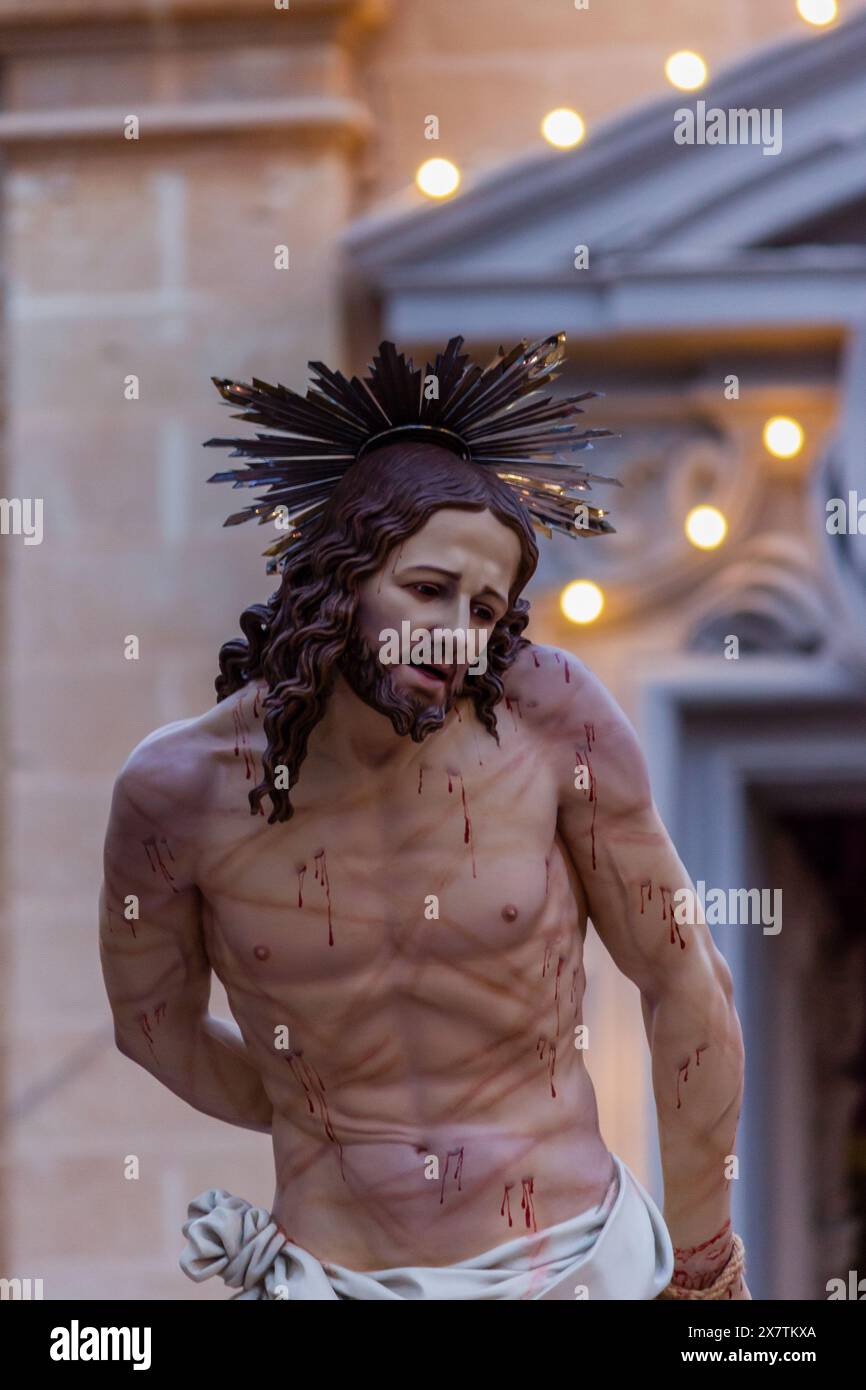Pope Francis, the spiritual leader of over a billion Catholics worldwide, continues to inspire and intrigue with his actions and decisions. As the first pope from the Americas and the first Jesuit pope, he has consistently demonstrated a commitment to reform and modernization within the Catholic Church. His leadership style, marked by humility and a focus on social justice, has garnered widespread admiration. However, recent developments have raised concerns about his health and the implications for his future role as pontiff.
One such development is the unexpected cancellation of his attendance at the Good Friday Procession at the Colosseum, an event that holds deep religious significance. This decision has sparked discussions not only about Pope Francis's well-being but also about the broader implications for the Vatican's public engagements. In this article, we explore the reasons behind this cancellation and its potential impact on the Catholic community and beyond.
Pope Francis: A Leader of Change and Compassion
Pope Francis, known for his progressive stance on various global issues, has often taken bold steps that reflect his vision for the Catholic Church. From advocating for climate action to emphasizing inclusivity, his leadership has been characterized by a desire to bridge divides and foster unity. His recent decision to cancel his attendance at the Good Friday Procession at the Colosseum aligns with a pattern of prioritizing health and practical considerations over ceremonial obligations.
This move comes amidst a series of health-related concerns that have surfaced in recent months. In December, Pope Francis canceled his much-anticipated attendance at the COP28 climate summit in Dubai, citing health reasons. These instances highlight the challenges faced by the 87-year-old pontiff as he navigates his responsibilities while managing his well-being.
As the Catholic Church prepares for Holy Week, the absence of Pope Francis at the Colosseum procession underscores the importance of balancing tradition with contemporary realities. His decision serves as a reminder of the need for flexibility and adaptability in religious practices, especially in times of uncertainty.
A Year of Reflection and Reform
Pope Francis's 87th birthday marks the conclusion of a year filled with efforts to reform the Catholic Church and address pressing global issues. Despite these achievements, health scares have cast a shadow over his tenure, raising questions about his ability to continue leading the Church effectively. The cancellation of the Good Friday procession is seen by many as a prudent measure to ensure his continued well-being.
In reflecting on the past year, it becomes evident that Pope Francis has remained steadfast in his commitment to transformative change. His initiatives have tackled corruption, promoted interfaith dialogue, and emphasized the need for environmental stewardship. These efforts have resonated with both believers and non-believers alike, reinforcing his reputation as a compassionate and forward-thinking leader.
As the Church moves forward, the lessons learned from this year of reflection and reform will undoubtedly shape its future direction. The decision to prioritize health and well-being exemplifies Pope Francis's pragmatic approach to leadership, setting a precedent for future pontiffs.
Vatican Adjusts Public Engagement Amidst Challenges
The Vatican's decision to cancel public attendance at Pope Francis's Easter events reflects a growing awareness of the challenges posed by the coronavirus outbreak and other global health concerns. By limiting public gatherings, the Vatican aims to safeguard the health of both the pontiff and the faithful who gather to celebrate these significant religious occasions.
This adjustment in public engagement highlights the Vatican's adaptability in the face of evolving circumstances. While the absence of large crowds may alter the traditional atmosphere of these events, the underlying message of faith and hope remains unchanged. Pope Francis's leadership during this time reinforces the importance of resilience and solidarity in overcoming adversity.
Looking ahead, the Vatican's approach to public events will likely continue to evolve, incorporating lessons learned from recent experiences. The emphasis on health and safety, combined with a commitment to maintaining spiritual connections, ensures that the Catholic Church remains a source of inspiration and guidance for its followers worldwide.

